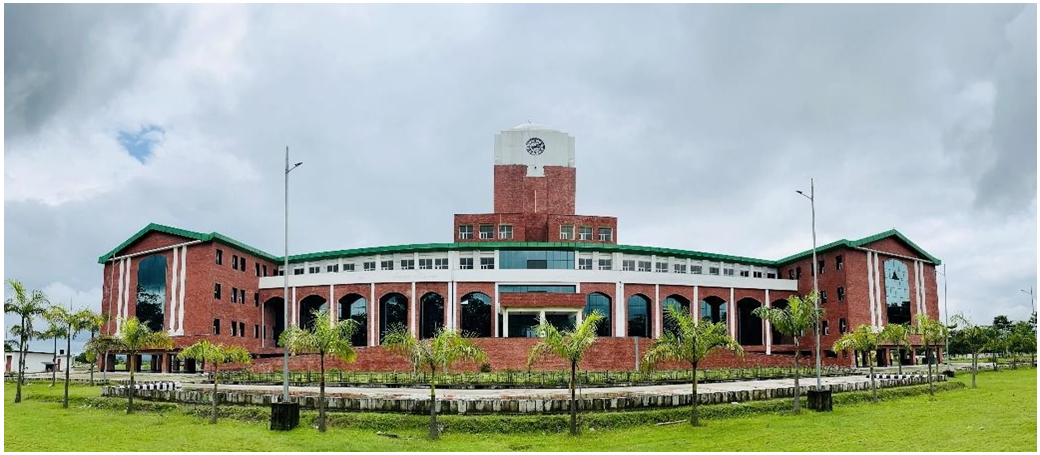





Disclaimer: Copyright infringement not intended.
Context:
Introduction of HD 3386:
Replacement of HD2967:
Significance
|
Indian Agricultural Research Institute (IARI) The Indian Agricultural Research Institute (IARI), also known as the Pusa Institute, is a renowned national institution dedicated to agricultural research, education, and extension. Established in 1905 in Pusa, Bihar, with the philanthropic support of Henry Phipps, Jr., it was initially named the Agricultural Research Institute (ARI). Over the years, it evolved into the Imperial Institute of Agricultural Research and later, the Imperial Agricultural Research Institute. Following significant damage caused by the Bihar earthquake in 1934, the institute was relocated to New Delhi, inaugurating its new campus in 1936. Post-independence, it was renamed the Indian Agricultural Research Institute and has made significant contributions to agricultural innovation, including the development of wheat varieties resistant to rust. Recognized as a deemed university in 1958, IARI offers MSc and PhD degrees and hosts affiliated institutes like the Indian Agricultural Statistics Research Institute. Today, its sprawling campus in New Delhi encompasses various schools focusing on crop improvement, plant protection, basic sciences, natural resource management, social sciences, and horticultural science, reflecting its comprehensive approach to agricultural research and education. |
|
PRACTICE QUESTION Q. Discuss India's advancements in high-yielding crop varieties since the Green Revolution. Evaluate the impact on agricultural productivity, food security, and farmer welfare. Highlight challenges and propose strategies for sustainable agricultural growth. |
SOURCE: Financial Express







© 2025 iasgyan. All right reserved